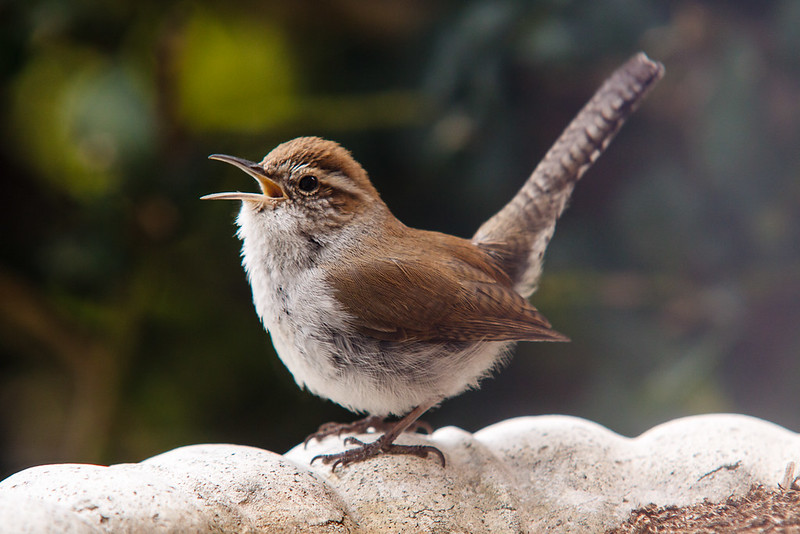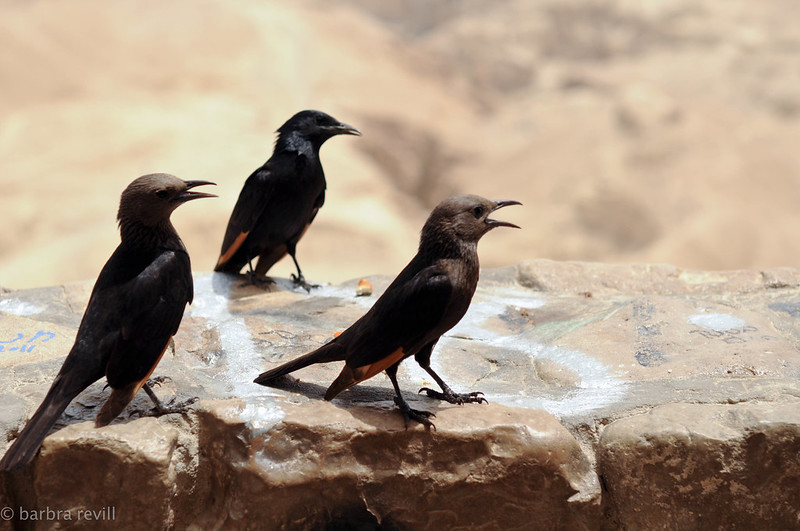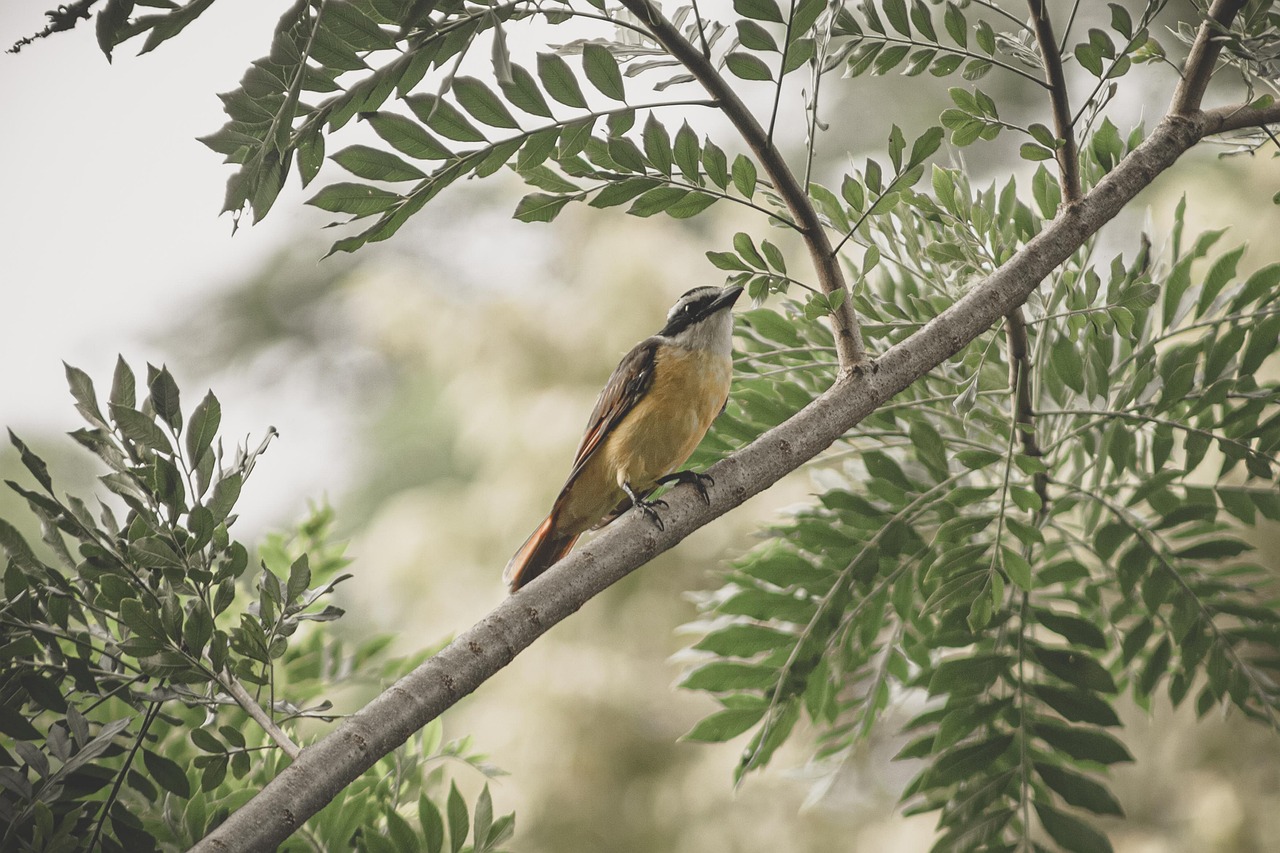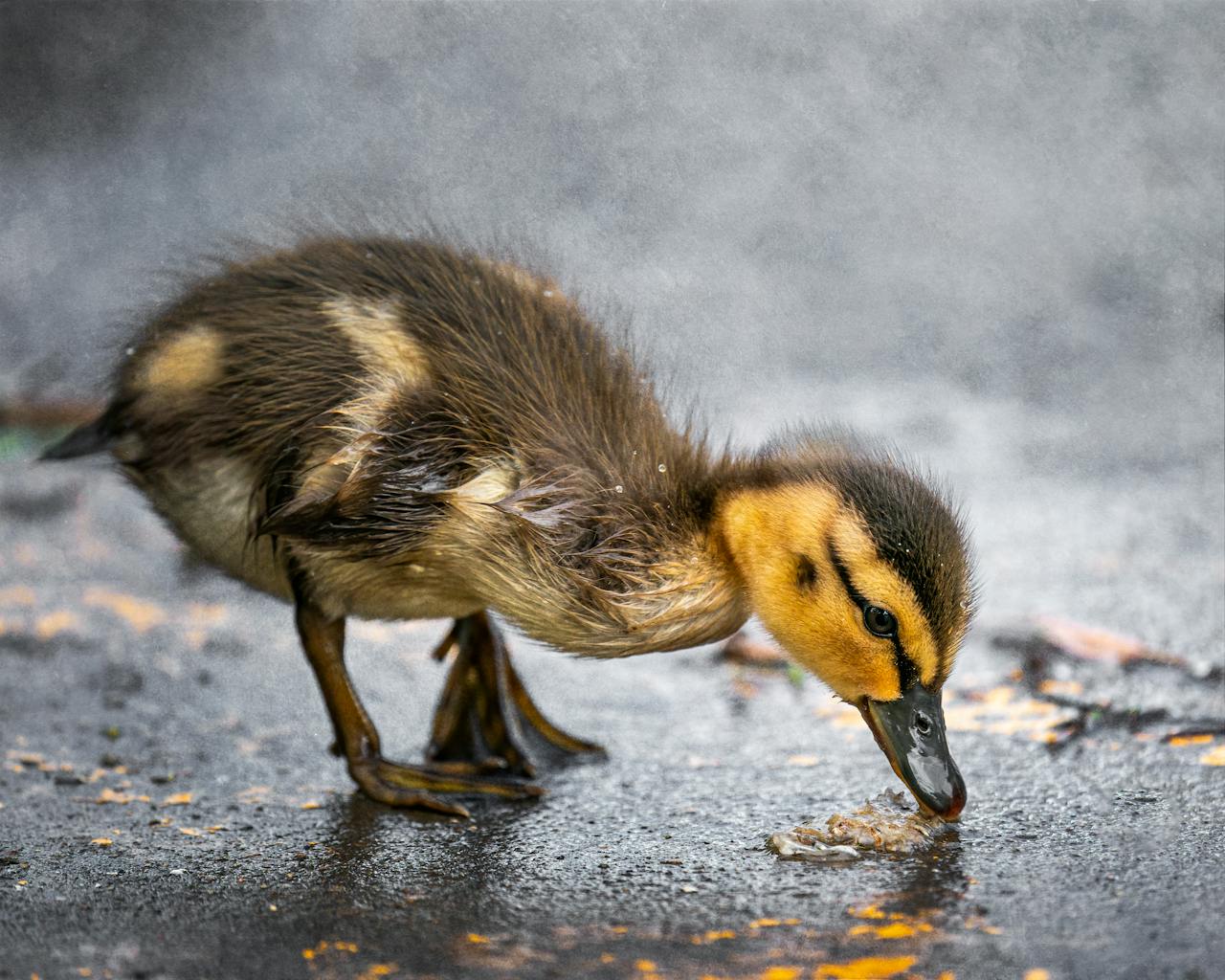Birds chirping at night can seem unusual and even mysterious. While we typically associate birdsong with early mornings, it’s not uncommon to hear them after the sun goes down. But why do birds chirp at night? What does it mean—scientifically, behaviorally, and even spiritually? And more importantly, how can you deal with it if the noise keeps you awake?
Let’s explore all these questions, from biological explanations to cultural interpretations.
Why Are Birds Chirping at Night?
There are a few key reasons birds might be chirping at night:
1. Light Pollution
One of the most common reasons for nighttime bird chirping is artificial lighting. Birds that are exposed to streetlights, porch lights, car headlights, or even city skylines may get confused and think it’s still daylight.
Some birds—especially urban-dwelling species like robins, mockingbirds, and blackbirds—are known to sing at night in areas with heavy light pollution.
2. Mating and Territory
In the spring and summer, birds may sing during the night to attract mates or defend their territory. The Northern Mockingbird, for example, is notorious for singing loudly all night during mating season—especially if it hasn’t found a mate yet.
3. Temperature and Quiet
Nighttime is generally cooler and quieter. For some birds, this calm environment is ideal for calling or singing without competition from other sounds.
4. Disturbance or Stress
If birds are suddenly awoken by a predator, thunder, or sudden noises, they may chirp or screech as a reaction. This is especially true for roosting birds that feel threatened or alarmed.
5. Nocturnal Birds
While most birds are diurnal (active during the day), some are nocturnal or crepuscular (active at dawn and dusk). Birds like owls, nightjars, whip-poor-wills, and nightingales are naturally active at night and may chirp, hoot, or sing during their hunting or mating activities.
Why Am I Hearing Birds Chirping at 2 AM?
If you’re hearing birds chirping at 2 AM, there are a few likely causes:
- Mockingbirds or robins singing due to bright city lights or mating behavior.
- A nocturnal bird like a nightjar or owl calling during its natural active time.
- Sudden noise or a predator presence near the roost.
- Seasonal behavior, especially in springtime when hormonal changes encourage mating and vocal displays.
It may seem strange, but birds don’t always adhere to a human clock. Their behavior is influenced by natural and artificial cues that shift throughout the year.
What Is the Chirping Sound I Hear at Night?
If you’re trying to identify a bird call at night, consider:
- Mockingbirds: Loud, repetitive, and often mimic other bird calls. They can sing for hours, especially if they’re still looking for a mate.
- Owls: Hooting or screeching sounds, not chirping per se, but easily recognizable.
- Frogs or Insects: Sometimes confused with bird calls, especially tree frogs or crickets.
- Whip-poor-will or Nightjar: Rhythmic, eerie calls often repeated many times.
Try using a bird call identification app like Merlin Bird ID to record and identify the exact sound.
How to Stop Birds from Chirping at Night

If you’re losing sleep over loud bird calls, here are some tips to reduce the noise:
1. Minimize Outdoor Lighting
Turn off or dim exterior lights. Use motion-activated lighting instead of continuous lights, especially near bird nesting or roosting areas.
2. Use Blackout Curtains
If birds are chirping outside your window, blackout curtains can help reduce indoor light that may attract or disturb birds.
3. Install Bird Netting or Spikes
If birds are roosting or nesting too close to your home (e.g., on your roof or windowsill), humane deterrents like netting, bird spikes, or reflective tape can prevent them from settling there.
4. Play White Noise
Use a white noise machine or app to mask the sound of chirping. This is a simple but effective way to get better sleep.
5. Avoid Nesting Encouragement Near the House
If you’ve installed bird feeders or houses too close to your bedroom, consider moving them farther away from your sleeping area.
Why Birds Chirping at Night: Spiritual Meaning
In many cultures, birds singing at night have symbolic or spiritual significance. While interpretations vary, some of the most common include:
- A sign of change: Nighttime bird songs can represent transformation or a new phase in life.
- A spiritual message: In some beliefs, birds are messengers from the spirit world or ancestors trying to communicate.
- Awareness or intuition: Night birds can symbolize heightened awareness or inner wisdom, especially if you’re on a spiritual journey.
- A warning: Certain cultures view unexpected bird calls at night as a sign to be cautious or as a bad omen.
Regardless of your beliefs, many people find nighttime bird songs soothing, mystical, or thought-provoking.
Birds That Commonly Chirp at Night
Here are a few species known to be active or vocal after dark:
- Northern Mockingbird: Famous for its loud, mimic-heavy songs at all hours of the night—especially during mating season.
- American Robin: Normally a daytime singer but often heard at night in well-lit areas.
- Eastern Whip-poor-will: Named after its haunting, repetitive call heard mostly at dusk and night.
- Owls: Hooting, screeching, or even soft chirping depending on the species.
- European Nightingale (if in Europe or parts of North Africa): Known for singing long, beautiful melodies at night.
When Should You Be Concerned?
Occasional chirping at night is natural. However, if you notice:
- Unusual numbers of birds chirping loudly for long hours
- Birds crashing into windows at night
- Disoriented or panicked behavior
…it may be a sign of environmental stress like light pollution, habitat disruption, or even illness.
In such cases, consider contacting a local wildlife rescue center or ornithologist for advice.
Final Thoughts
Birds chirping at night are fascinating, and while they may disrupt your sleep, they also reveal how adaptive and responsive birds are to their surroundings. From light pollution to mating habits, there are many reasons why our feathered friends are vocal after dark.
If you’re curious, take it as a chance to observe and learn more about the natural world. And if you’re annoyed by the noise? A few lifestyle changes and soundproofing techniques can help you regain your peace and quiet.




Leave a Reply